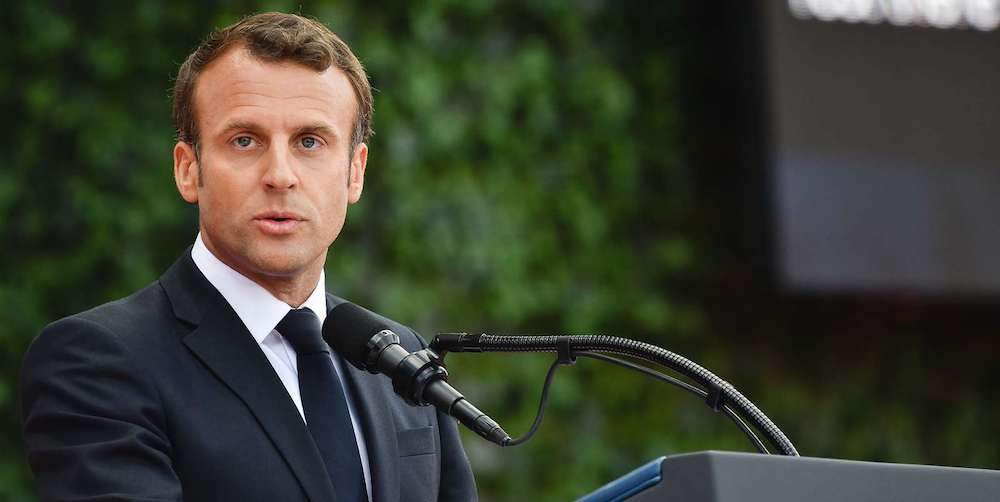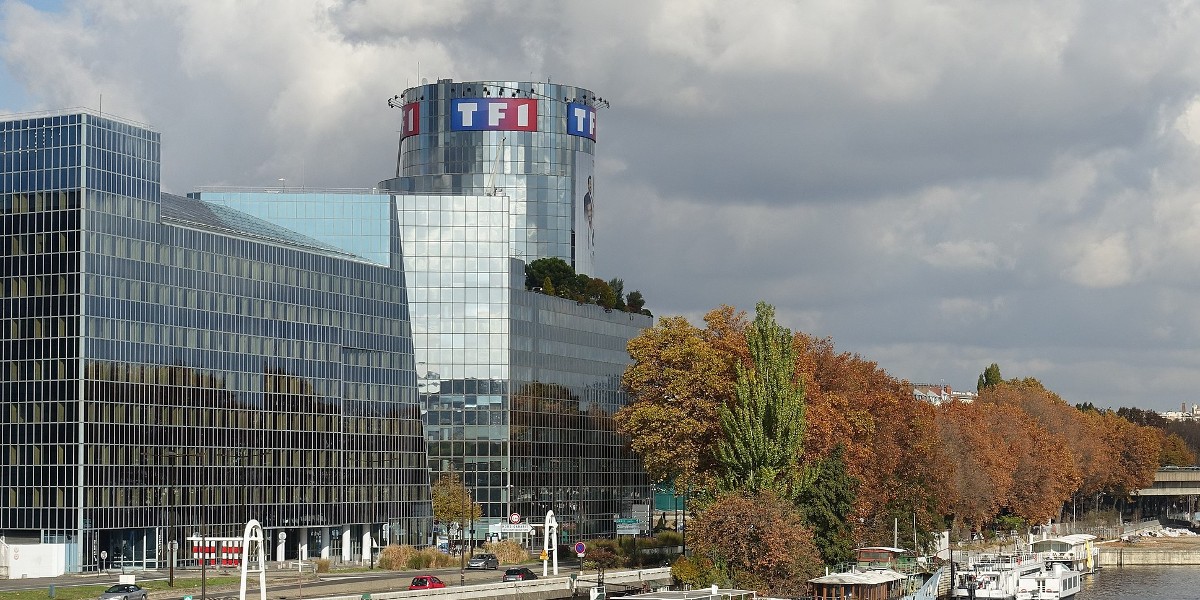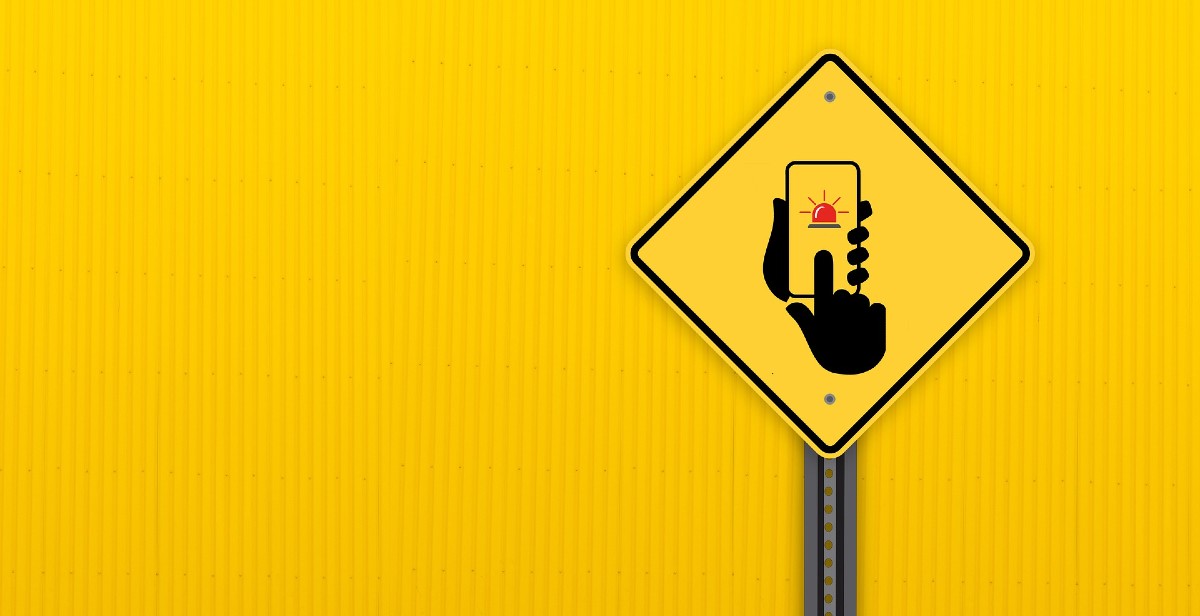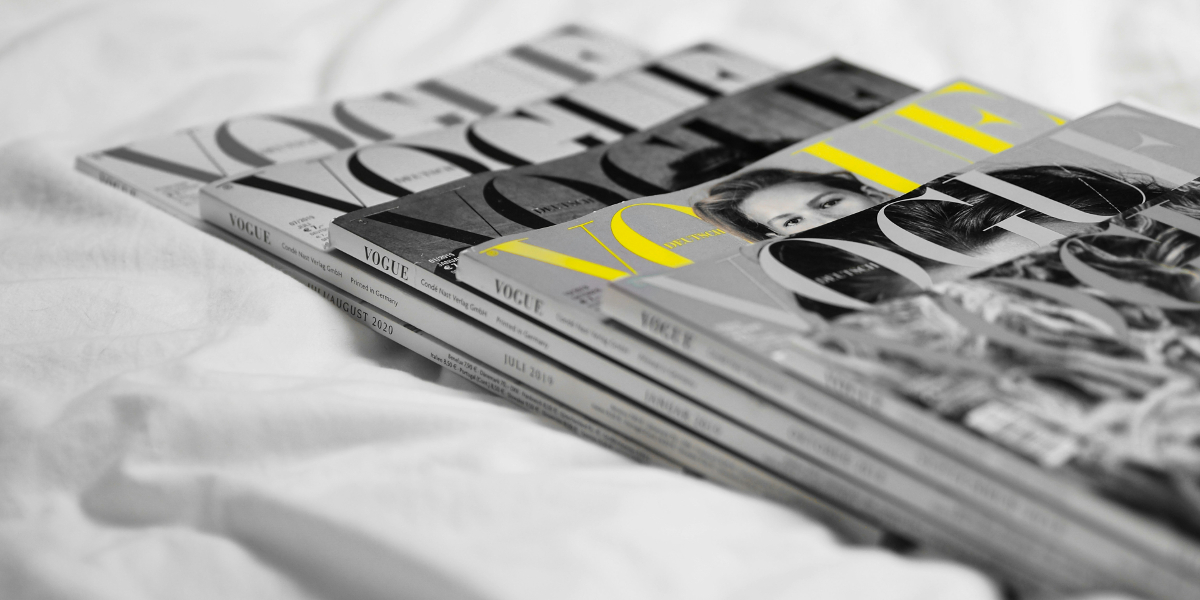The French Government has enacted a ban on adverts for fossil fuels, outlawing natural gas ads from the beginning of 2023.
The proposal emerged from a 2019 convention on climate change, comprised of 150 citizens whose names were drawn out of a hat.
They called for a 40 percent reduction in greenhouse gas emissions by 2030, compared with 1990 levels. President Macron promised to implement the proposals, having pledged to place the environment at the heart of his second term in office.
But the ban has been criticised by environmental campaigners who view it as a piecemeal reform; a compromised version of the initial proposal to outlaw all forms of advertising by oil companies.
Those corporations will be still be allowed to advertise under the new law, as long as the fuels in question contain some amount of renewable energy. Greenpeace accused Macron of political greenwashing, arguing that oil giant TotalEnergies’ sponsorship of the 2023 Rugby World Cup is allowed to go unchecked.
Businesses have also attacked the timing of the ban, according to The Times, coming as it does in the middle of a cost of living crisis. “If we have a reduction in the price of petrol, it’s a bit stupid if we can’t tell anyone,” said Édouard Leclerc, chairman of Leclerc supermarkets.
Meanwhile the Higher Council for the Climate reported that the transport sector was responsible for 30 percent of France’s greenhouse gas emissions. Last year electric vehicles accounted for 9.8 percent of sales, compared with 11.6 percent in the UK.
“France’s response to global warming is progressing but remains insufficient,” said the authority, which was created by Macron to monitor the nation’s climate progress.
To ban or not to ban
This move makes France the first European country to enact such a ban, while the City of Sydney looks to be following in its carbon-reducing footprints.
But the Australian proposal goes further than Macron, with Sydney deputy mayor Jess Scully suggesting the Council “should not accept sponsorships from companies whose main business is the extraction or sale of coal, oil and gas.”
The omission of sponsorship from the ban in France makes it less far-reaching than European laws on tobacco advertising that include sponsorship, observes Brinsley Dresden, Partner and Head of Advertising and Marketing Law at Lewis Silkin.
“So the iconic French oil company, Total, will be able to continue with its sponsorship of the arts – such as the Louvre – and next year’s Rugby World Cup, which is being hosted in France,” Dresden said in a blog post.
Crucially the ban presupposes that people are influenced to buy petrol because they see it advertised, rather than because they require petrol. “Advertising does not create demand for fuel in the way that might for a Kit Kat,” he argues. “If ever a gesture deserved to be called futile, this is it.”
He adds that advertising bans too often amount to distraction from the harder work of tackling crises in society. “Politicians all over the world will reach for the cheap and easy expedient of an advertising ban in order to look like they are doing something about a complex, long standing, multi-factorial problem,” says Dresden.
Where advertising can play a role however is in addressing the lower uptake of electric vehicles in France. “If you want to reduce greenhouse gases, it might be better to have more, better, well-regulated advertising for things like electric vehicles, rather than less advertising for fossil fuels,” notes Dresden. “If more French people could be persuaded to swap their petrol and diesel vehicles for electric ones, there would be both fewer greenhouse gas emissions and fewer ads for fossil fuels.”





